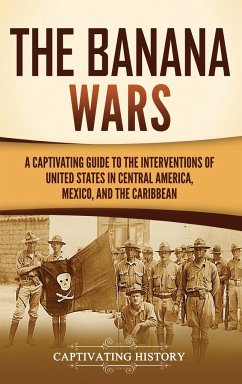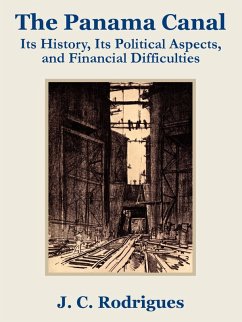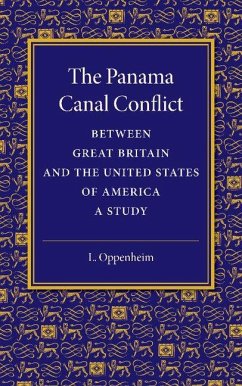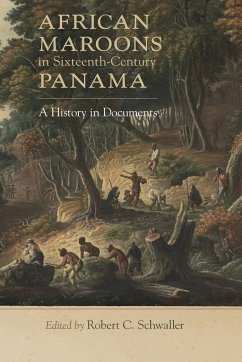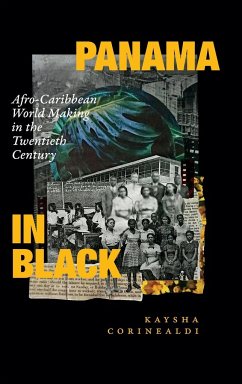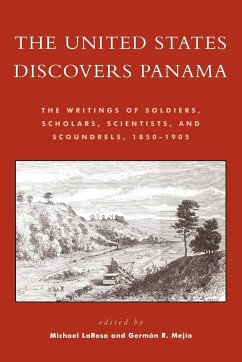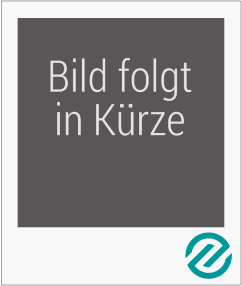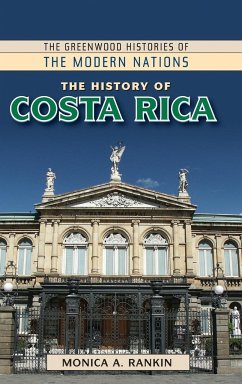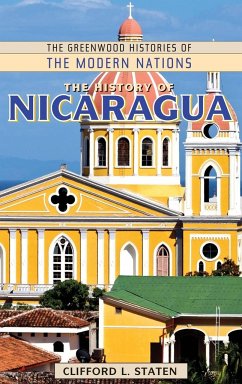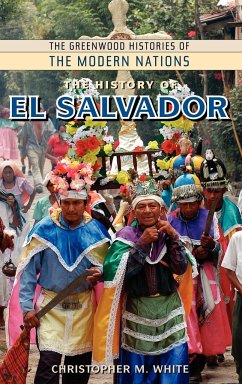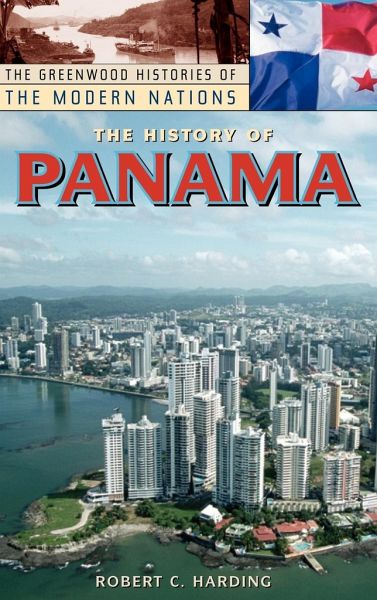
The History of Panama
Versandkostenfrei!
Versandfertig in 1-2 Wochen
65,99 €
inkl. MwSt.

PAYBACK Punkte
33 °P sammeln!
As the narrowest stretch of land in the Central American isthmus, Panama's geographical location has for millenia made it the crossroads for traders, travelers, European pirates, and world superpowers. Panamanian history is replete with explicit or tacit domination by others. In the post-Columbus period, Panama was first a Spanich colony, then a province of Colombia, and then finally a quasi-territory of the United States during the 20th century. Suffering invasion by the United States in 1989 to oust dictator Manuel Noriega and then receiving full ownership of the Panama Canal at the end of 1...
As the narrowest stretch of land in the Central American isthmus, Panama's geographical location has for millenia made it the crossroads for traders, travelers, European pirates, and world superpowers. Panamanian history is replete with explicit or tacit domination by others. In the post-Columbus period, Panama was first a Spanich colony, then a province of Colombia, and then finally a quasi-territory of the United States during the 20th century. Suffering invasion by the United States in 1989 to oust dictator Manuel Noriega and then receiving full ownership of the Panama Canal at the end of 1999, Panama has rebuilt itself into a strong, if contentious democracy. This work chronicles and highlights the key events and figures in the country's past 500 years of history, from Columbus to current day. It begins with Panama's colonial period, demonstrating how even in its early day, the isthmus was seen by the Spanish as merely a transshipment point. It then examines the post-Spanish period when the Colombian province of Panama became a forgotten backwater until European powers began vying for canal rights, leading to an ill-fated French effort. The main portion of the book details the events, figures, and intricacies of the Panama-U.S. relationship, which dominated Panama's history for the entire 20th century. It closes with an examination of the gains and challenges the country has faced in the post-U.S. invasion years.



